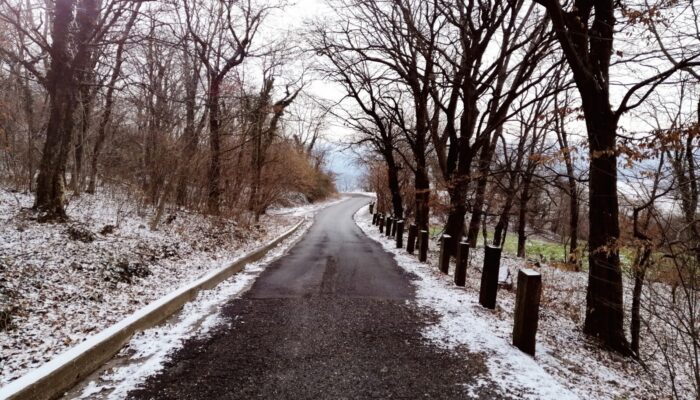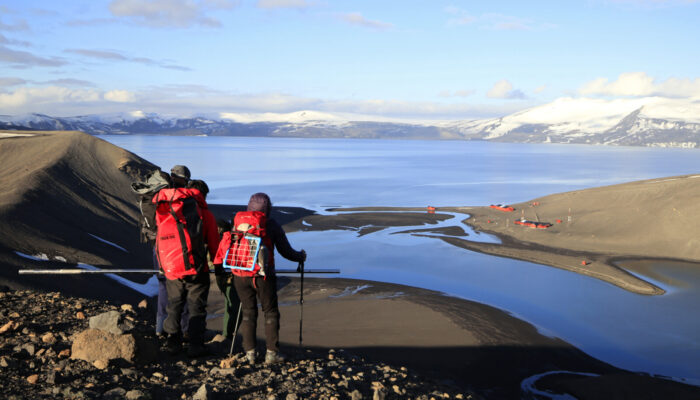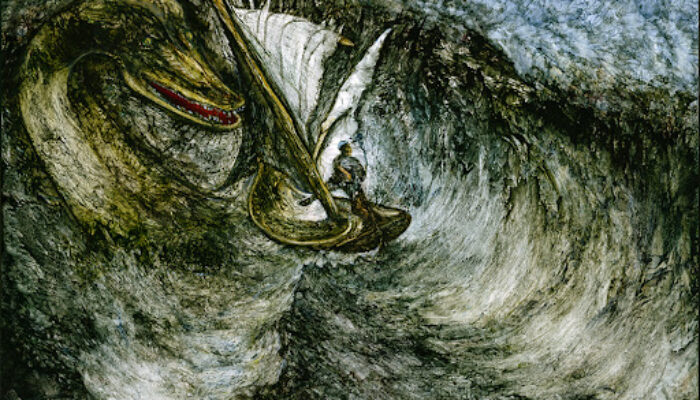It’s December and the Life-Work-Balance group is recalling the “Mind Your Head” blog posts, a blogpost series which started in May 2018. We invite you to join our journey through 11 inspiring blog posts and five simple activities to foster our life-work-balance, revive knowledge and find new inspiration during this holiday season. A word at the beginning: perhaps your current life and daily routin ...[Read More]
Mind Your Head: How to have a mindful December and holiday season




